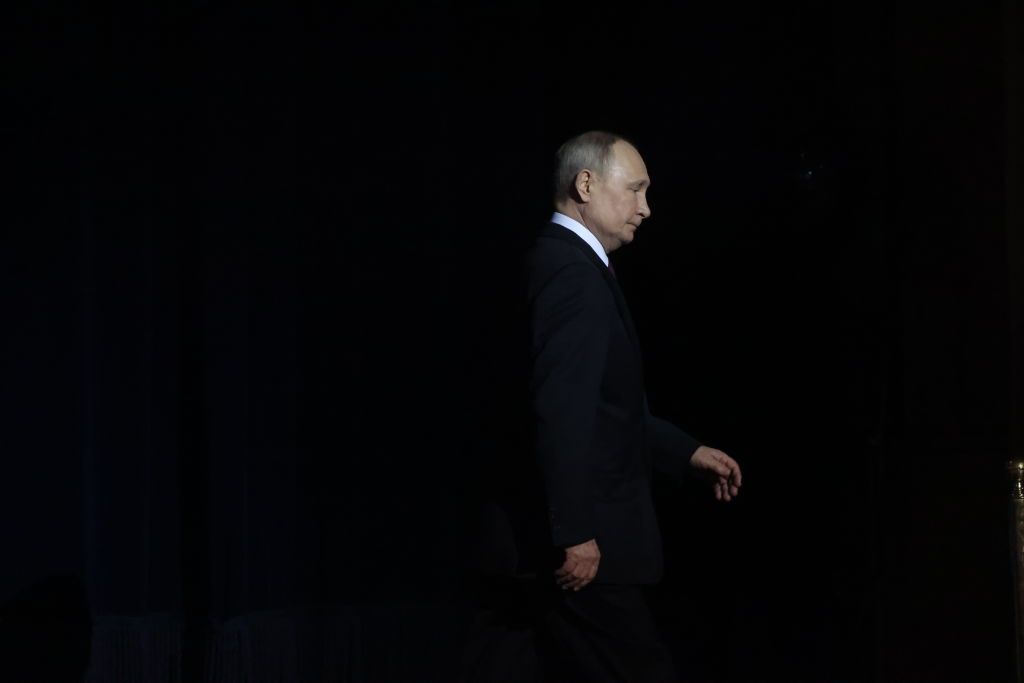Tajik foreign minister criticizes treatment of Moscow attack suspects, crackdown on Tajiks in Russia

The alleged torture of the suspects of last month's terrorist attack in Moscow is "unacceptable," said Tajik Foreign Minister Sirojiddin Muhriddin in comments at a meeting of the Commonwealth of Independent States (CIS) in Minsk on April 12.
Several gunmen opened fire at the Crocus City Hall in Krasnogorsk, a Moscow suburb, on the evening of March 22, killing at least 144 people. A branch of the Islamic State (ISIS) claimed responsibility for the attack shortly thereafter.
Russian authorities have detained 11 men, 10 of whom are from Tajikistan, in connection to the attack, including four who are accused of directly participating.
The four Tajik suspects appeared in court showing clear signs of abuse, following videos and pictures that were widely circulated on Russian social media depicting their alleged torture at the hands of Russian authorities.
"The use of torture in the form of bodily mutilation is unacceptable," said Muhriddin.
"The price of confessions extracted in this way is well known to everyone."
The U.N.'s High Commissioner for Human Rights (OHCHR) wrote in 2017 that beyond being "immoral" and "illegal," torture is "ineffective." It can even be "counterproductive," said Mark Fallon, a former U.S. official who supervised interrogations at the Guantanamo Bay detention camp in Cuba.
Xenophobic incidents were also reported en masse after the attack, as were cases of Central Asians leaving Russia over fears of potential reprisals and increased racism.
Muhriddin said that as the result of an"ill-conceived information campaign," a "negative perception is being formed toward citizens of Tajikistan and Tajiks."
Millions of Tajiks and other Central Asians either live permanently in Russia or work there seasonally. The World Bank estimated in 2022 that remittances from migrant workers comprised as much as 50% of Tajikistan's GDP.














